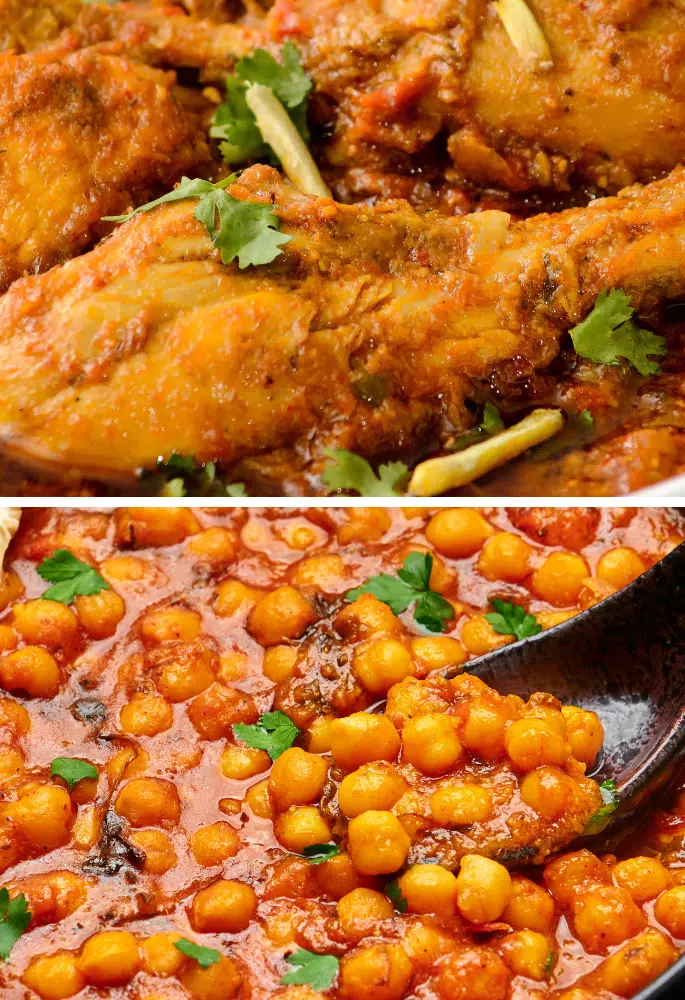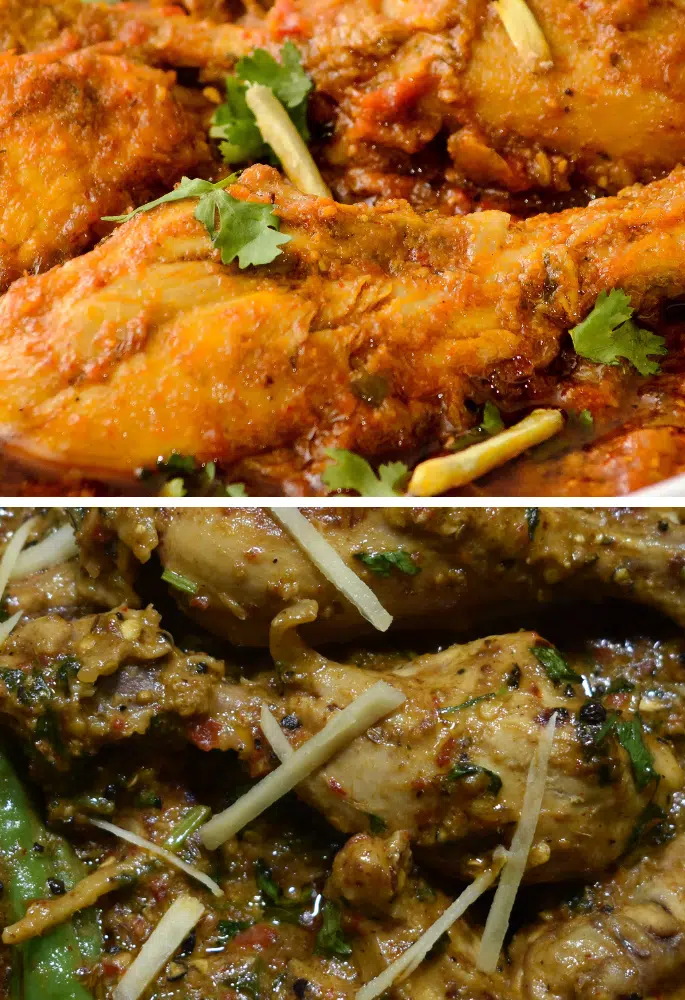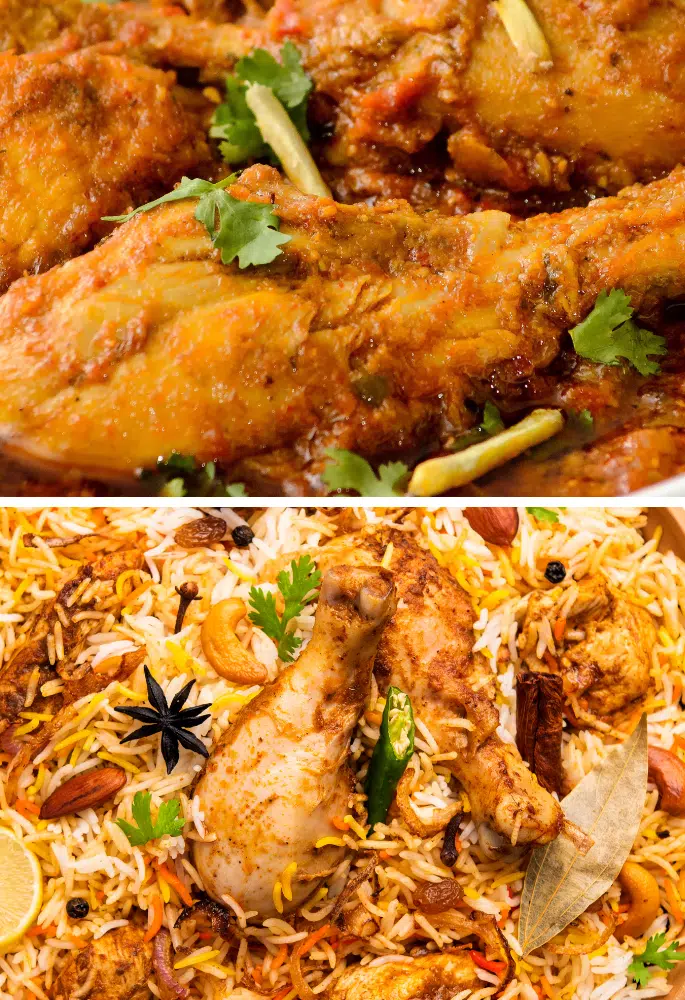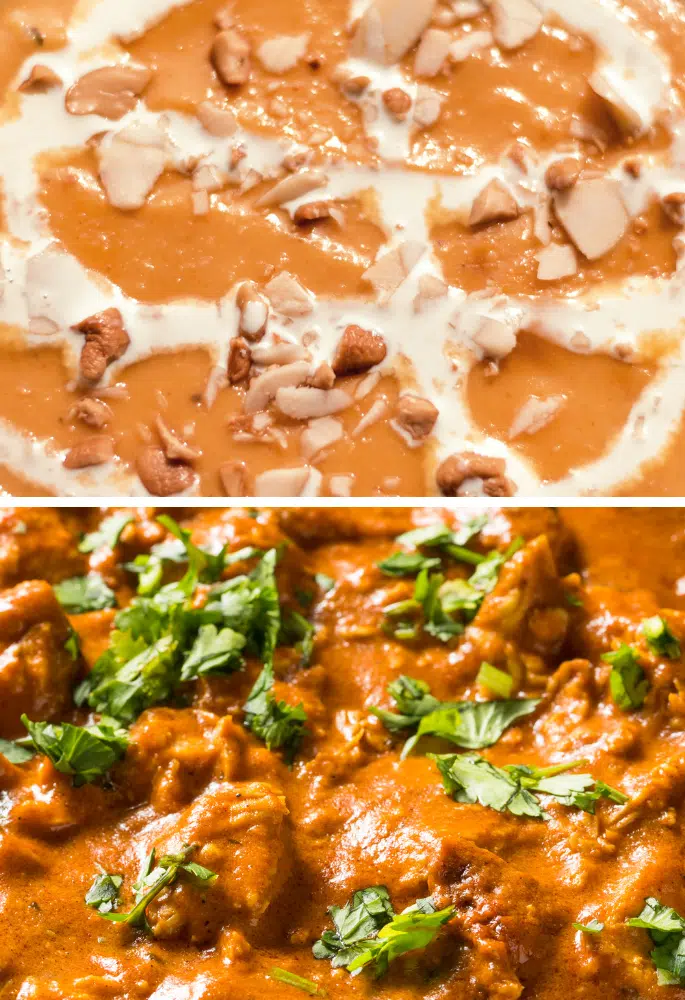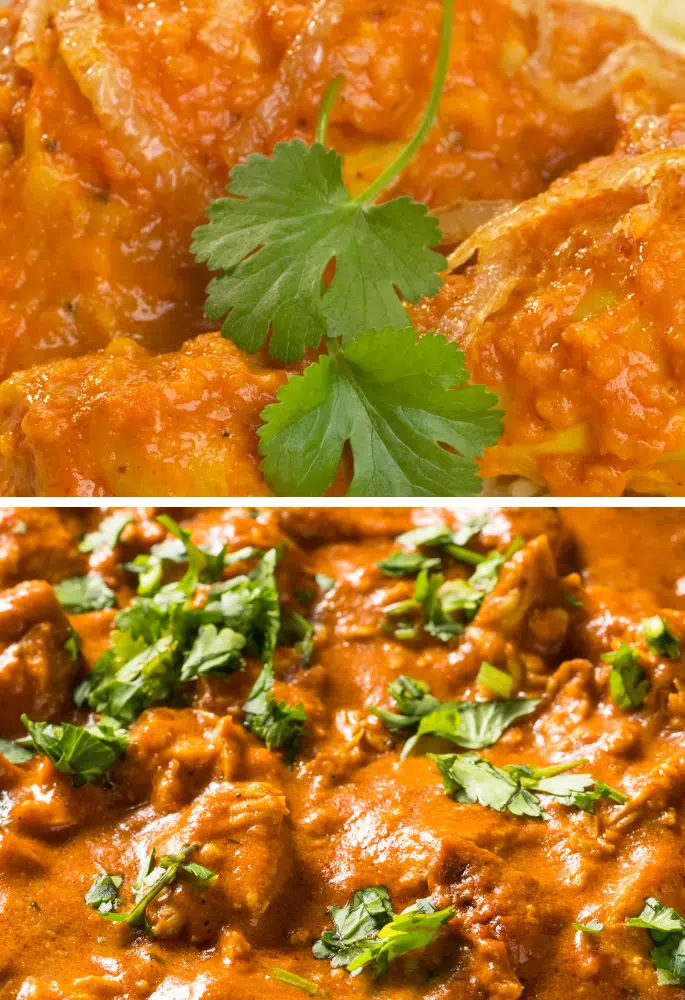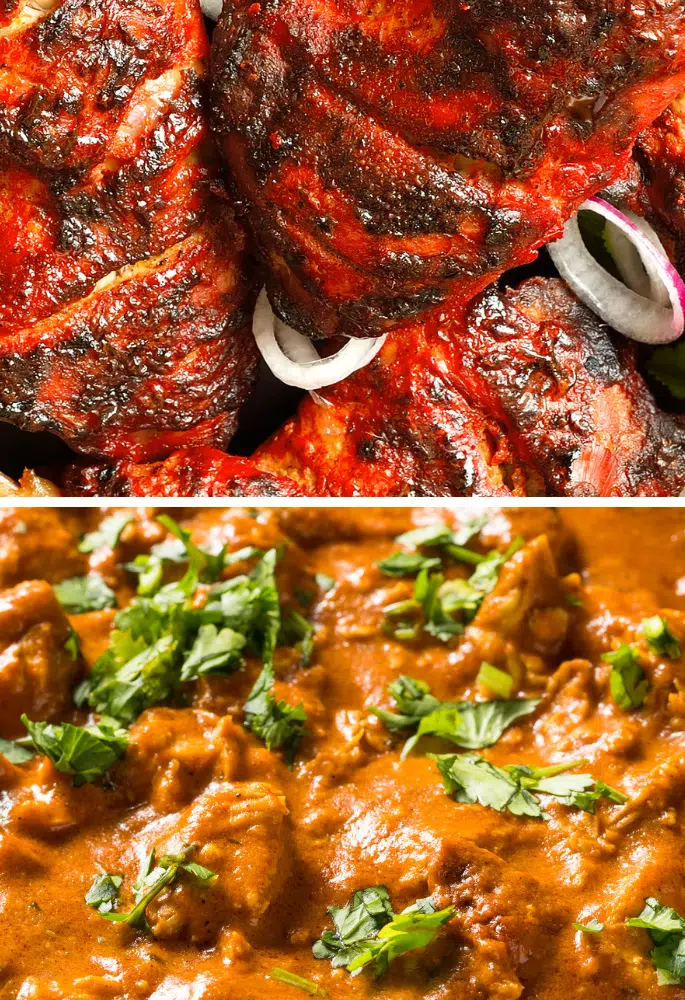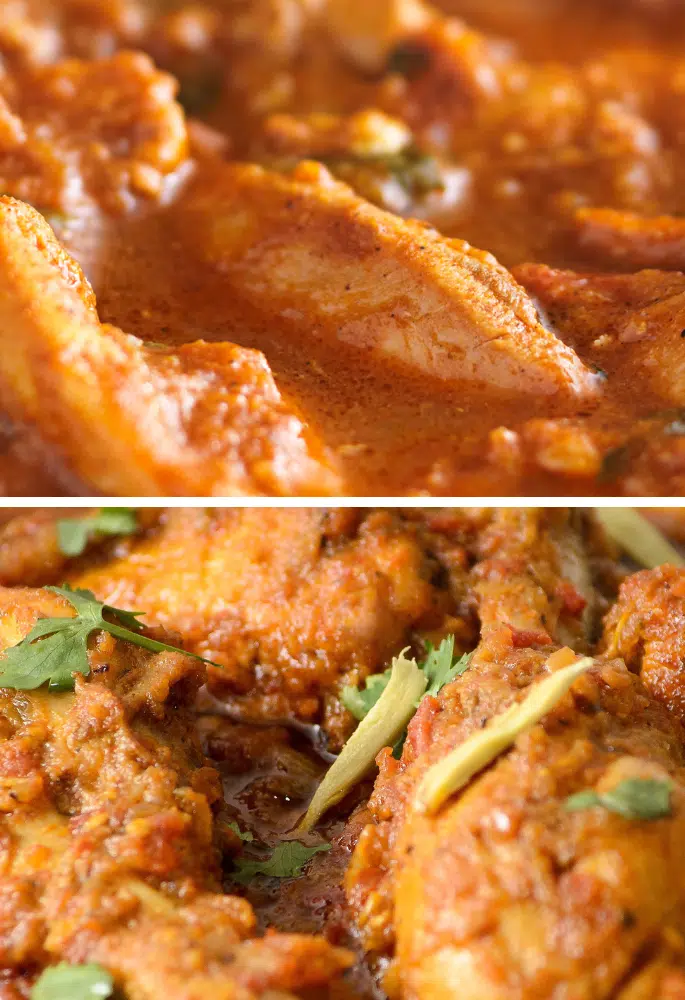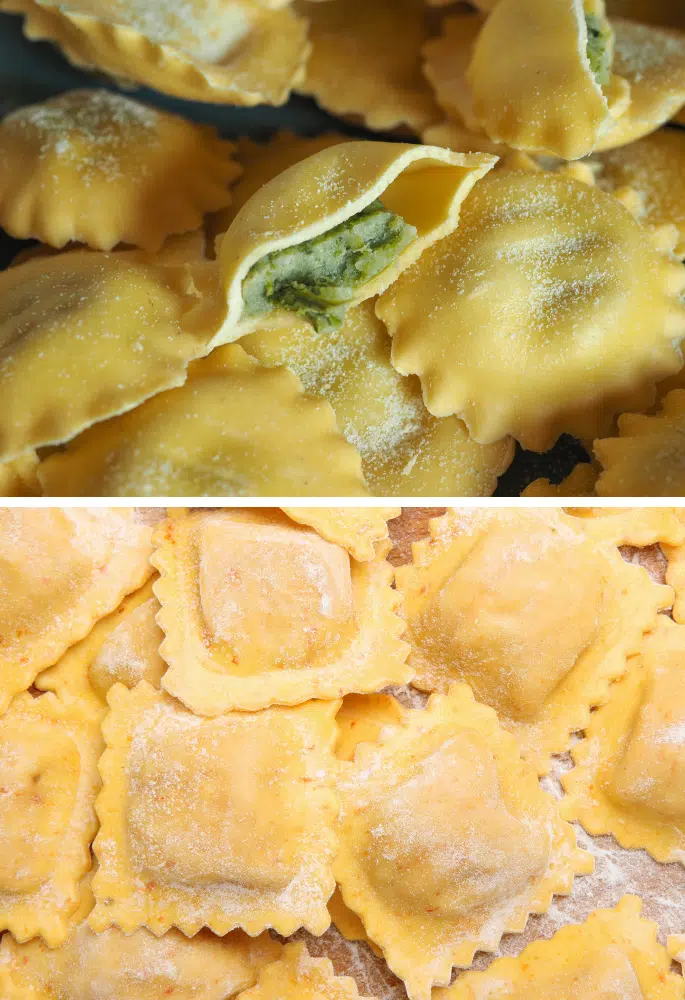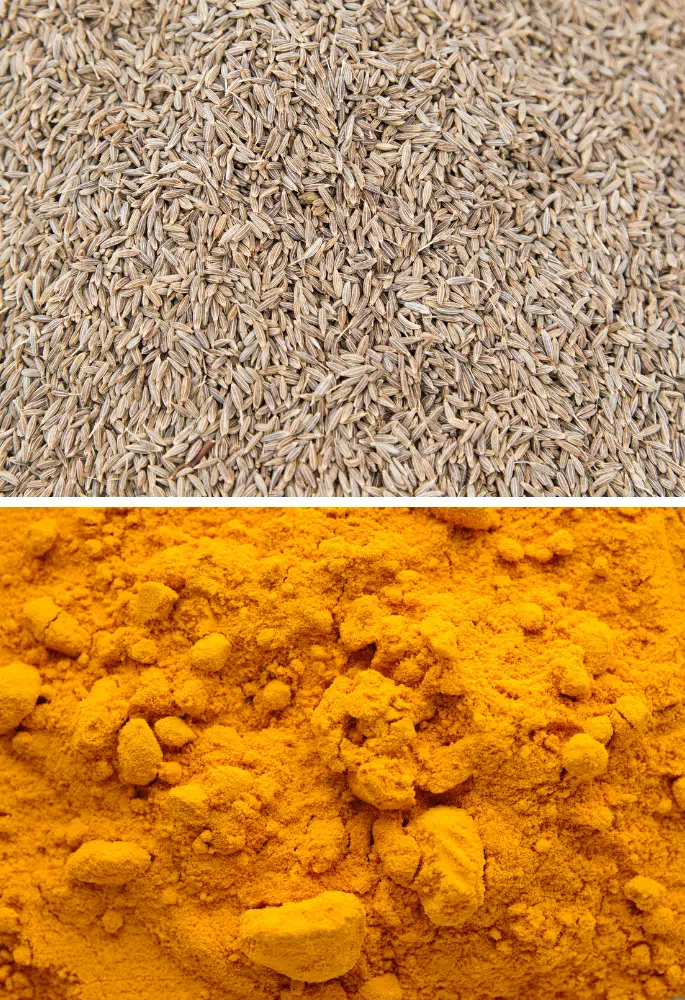Curry is not a unique dish tied to just one cuisine. The concept of a curry spans the world, from New Zealand and China to India and Jamaica, with each cuisine having its own take on the dish.
A Jamaican curry differs from most other curries because it is heavily reliant on spicy scotch bonnet chilli peppers and Jamaican curry powder. With so many complex flavours, it can be hard to pinpoint exactly why your Jamaican curry is bitter.
There is a high chance that your Jamaican curry is bitter because its base ingredients are burnt. Jamaican curry builds off of a ginger and garlic base, which are two ingredients that turn awfully bitter when burnt.
How Long Should You Cook Garlic For?
Garlic is one of those foods that can be used in pretty much any dish across the world to guarantee that extra level of flavour. So, no matter how skilled of a chef you are, the chances that you have cooked with garlic before are very likely.
As such, you are probably aware of how temperamental garlic can be.
When cooking garlic on the stove as you would do when you are making Jamaican curry, it needs no longer than 30 seconds to reach its optimal flavour. 30 seconds is long enough to cook off the bitter, sharp rawness of the garlic without starting to mellow out its other pleasant flavours.
The issue with garlic is that it is much more delicate than people think. Just 10 seconds more on the heat, and the garlic may begin to burn.
Burnt garlic is not only an unpleasant texture but it also has a horridly bitter taste.
Seeing as Jamaican curry uses a base of garlic and ginger, the last thing you want to do is burn your garlic, as it will completely alter the flavour of your whole dish moving forward.
Stick with a 30-second sauté, then quickly move on to the next step in your recipe.
Can Spices Burn?
Not a lot of people know that spices, dry or otherwise, can easily burn if they are not cooked right. They are just like any other ingredient in that way.
All spices have their heat limit before they start to burn, which can happen in a matter of seconds if you are not paying close enough attention to your pan.
You can tell when your spices start burning from the smell alone. Most spices are wonderfully fragrant, which is why curry houses always smell so good.
Allspice and turmeric, in particular, are fairly aromatic spices. It will be easy to tell if something is going wrong when you are cooking your spices as their aroma will shift into something sourer, more bitter and generally less pleasant.
The second this happens, take the spices off of the heat and stop cooking them immediately.
Overly burnt spices can completely ruin the taste of your Jamaican curry, which is where many people go wrong when making the curry. So, avoid using burnt spices.
These Spices are a Must for Jamaican Curry
Turmeric, coriander seeds, cumin seeds, allspice, ground ginger and yellow mustard seeds should be combined in equal quantities with a quarter of the amount of ground scotch bonnet, nutmeg, black pepper and fenugreek seeds.
Which Peppers Should You Use In Jamaican Curry?
A Jamaican curry traditionally uses scotch bonnet peppers for a sweet and heated kick. However, these peppers can be challenging to find in local supermarkets.
Although purists would argue otherwise, you are better off using a combination of bell peppers and jalapeno peppers.
Having to substitute the scotch bonnet peppers for 2 other peppers doubles the chances that you will use an underripe or overripe pepper in your Jamaican curry.
Unfortunately, if your peppers are not perfectly ripe, they will release a bitter taste into your curry as their sweetness has yet to develop. So, it helps to know which bell peppers will benefit your Jamaican curry and which ones will make it too bitter.
How to Know Which Bell Pepper Is Right
Bell peppers come in 3 colours which indicate how mature the bell pepper is.
Green bell peppers are the least mature, with the bitterness and sourness to match. Yellow bell peppers have a medium sweetness and next to no bitterness, while red bell peppers are the sweetest of the bunch.
You should use yellow bell peppers when making your Jamaican curry.
They will not make your curry overly bitter like green bell peppers would but neither will they add unnecessary sweetness to your dish.
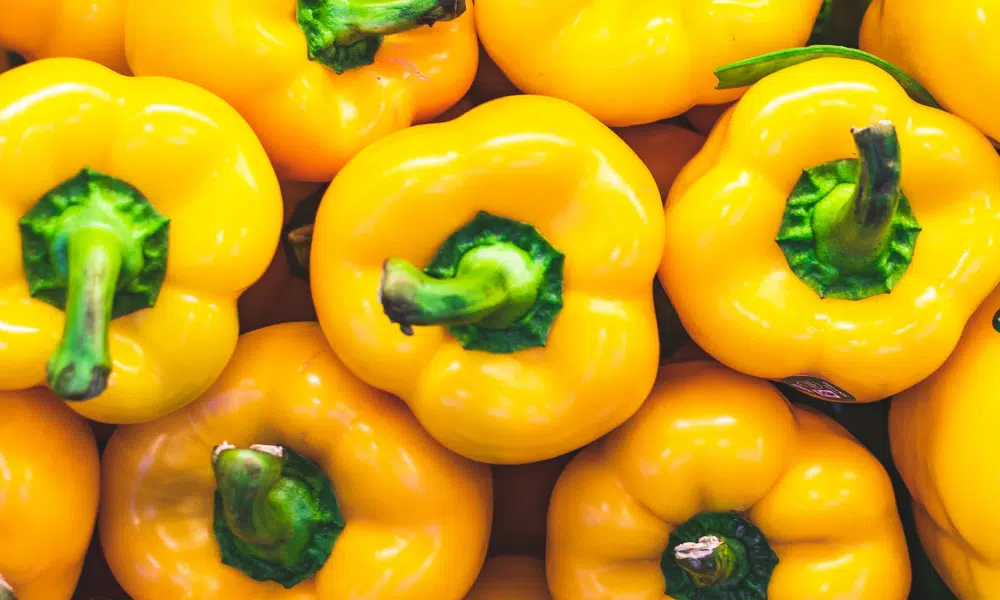
How To Fix A Bitter Jamaican Curry
To fix the bitterness in Jamaican curry, you must add flavours that counteract that bitterness.
Add Sweetness
Adding a pinch of sugar is the easiest way to reduce some of the bitterness in your curry. Because Jamaican curry is already pretty sweet, you do not want to add more than a few pinches of sugar. Otherwise, it can become overwhelmingly sweet.
Add Acidity
Alternatively, you can add some extra acidity to your dish by using a drizzle of vinegar or some lemon or lime juice.
Once again, you will need to add acidity in moderation otherwise you risk flipping the dish and making it too bitter because of high amounts of acidity.
Add Dairy
You may find that your curry already has too much acid, which could be the source of its bitterness instead.
You need to add a little dairy, such as yoghurt or cream, to neutralise that bitterness. Use no more than a tablespoon or 2 of dairy as your curry may curdle, which is extremely hard to fix.
Bitter Jamaican Curry FAQs
If you have further questions about a bitter Jamaican curry, then these FAQs might be helpful:
Sugar, honey or jaggery will need to be added to a curry to balance the bitterness added to a dish from the onion. Only add sweetener in small doses or you risk ruining the curry entirely.
One of the major causes of a bland curry is not toasting whole, good-quality spices at all or for long enough. You want your kitchen to be loaded with the aromas of all the spices before you continue with your recipe.
Acacia may be a freelance writer by day, but they are a food fanatic by night. They are always trying out new recipes or finding different ways to elevate classical dishes. But their biggest culinary aim is to educate others on the basics of the kitchen so that they too can enjoy delicious food.


